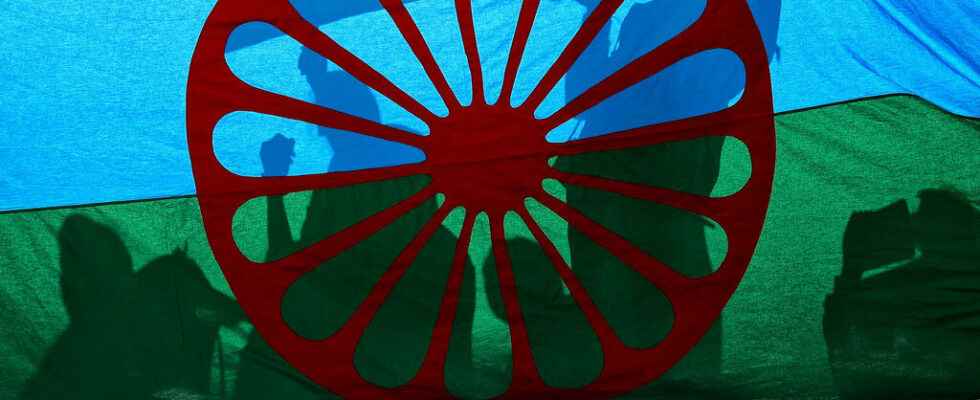A press review presented in partnership with The Balkan Courier.
More than 6.8 million people have fled Ukraine since the Russian invasion began on February 24. Among them, many Roma. They face the same dangers as other refugees, but receive far from the same treatment. As soon as they arrive in Moldova, they are often separated and housed in unsanitary accommodation, sometimes without drinking water or food.
Cases of segregation and ill-treatment are also increasing in Romania and neighboring countries, as reported the European Roma Rights Center (ERRC). ” Why would a form of racism that has persisted and become more complex for 500 years suddenly disappear in the face of yet another war in Europe? sums up Jonathan Lee, ERRC Outreach and Communications Manager.
The Roma are not the only victims of racism. Lacking manpower due to a strong exodus of its population, Romania has issued thousands of visas every year since 2017 to workers from Asia. Unwelcome, left behind, immigrants are sometimes victims of abuse and exploitation, as revealed by an extensive investigation in three parts carried out between Romania, India and Vietnam.
In Bulgaria, the honeymoon » with Ukrainian refugees is over
Welcomed with open arms at the start of the war, the approximately 100,000 Ukrainian refugees who still reside in the country feel more welcome. The empathy and solidarity that prevailed upon their arrival are beginning to crack and some accuse the Ukrainians of passing ” a luxury holiday on the back of the Bulgarian taxpayer “.
Their arrival had nevertheless raised a huge wave of solidarity within the Bulgarian population and the government of the very pro-Western new Prime Minister Kiril Petkov had decided to pay financial aid to facilitate accommodation. But barely six months after its formation, the fragile coalition that brought it to power cracksafter the resounding departure of Slavi Trifonov’s party amid accusations of corruption.
Elections in Bosnia and Herzegovina: Croatian nationalism is self-evident
Officially announced at the beginning of May, the general elections on October 2 in Bosnia and Herzegovina promise to be complicated. At the beginning of June, the International High Representative Christian Schmidt had to intervene again and use its special powers to impose the financing of the poll, blocked for months by the Council of Ministers.
The blockage is financial, but above all political. Dragan Čović, the leader of the Croatian party in Bosnia and Herzegovina, HDZ-BiH, has been demanding for months a reform of the electoral law aimed at strengthening the ethnic character of the vote and preventing non-Croats from electing the Croatian member of the presidency. tripartite. He has also been campaigning for years for the creation of a third Croatian entity in the country, which would have Mostar as its capital. A nationalist discourse supported by the Prime Minister and the President of Croatia, who make the situation of Croats in Bosnia-Herzegovina the main concern.
On the voters’ side too, the idea of asserting Croatian identity and creating a third entity appeals to some voters, especially among young people. However, most young Croats in Bosnia and Herzegovina dream of going abroad, reinforcing an exodus that is emptying the community.
Serbia, on the edge between Russia and the West
Russian Foreign Minister Sergey Lavrov was expected in Belgrade on June 6 and 7, but he finally canceled in extremis his visit, unable to find a means of transport when all the neighboring countries had closed their airspace to it. On the agenda: “events” in Ukraine, Serbia’s position, the situation in the region and Russian-Serbian economic cooperation. On June 3, Serbian President Aleksandar Vučić proudly announced that his country would continue to receive Russian gas at “friendly prices” for the next three years, even as Europeans seek to reduce their dependence on Moscow.
The cancellation of Sergei Lavrov’s visit did not prevent the Russian Embassy in Belgrade from organizing a grand ceremony on June 7 to celebrate Russian Federation Day in advance. According to a confidential report, Aleksandar Vučić is nevertheless trying to gradually break away from Moscow, counting in particular on the support of the Orthodox Church to have the news accepted by public opinion and the most Russophile Serbs.
